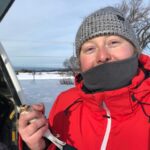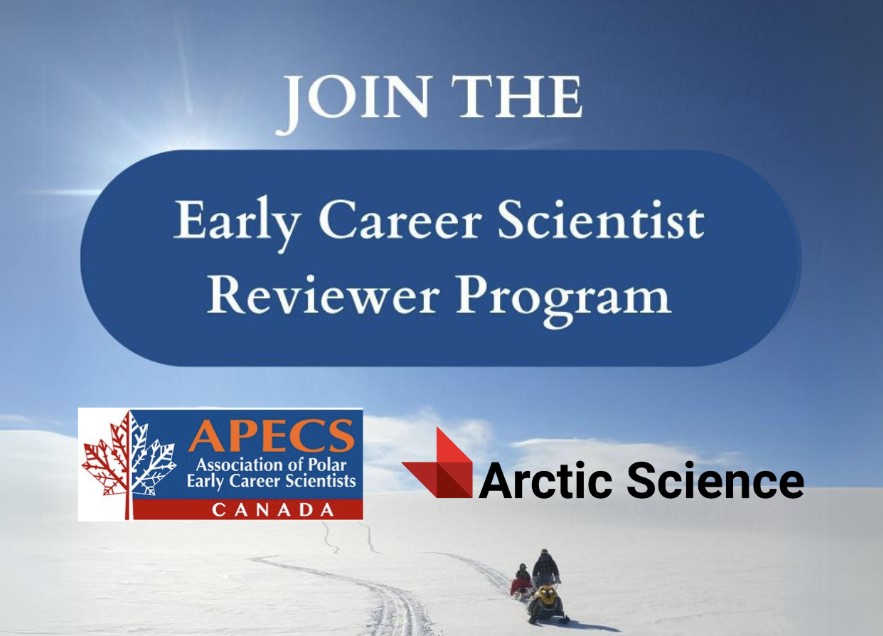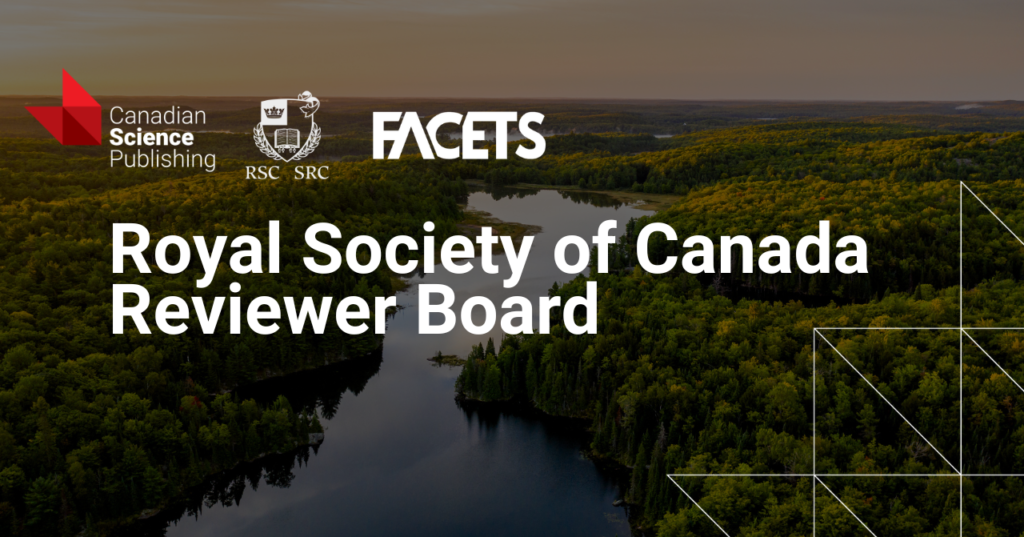Peer review is a cornerstone of scientific publishing. It’s the process that ensures research is credible, accurate, and meaningful before it reaches the world. By critically evaluating new studies, peer reviewers help uphold the quality of scientific literature, making their role essential to advancing knowledge across all fields.
At the heart of our mission to support rigorous and relevant research is our community of dedicated volunteer reviewers. Each year, Canadian Science Publishing honours and celebrates Outstanding Reviewers—those who have made exceptional contributions to our journal communities with consistently excellent reviews. Among them is Andrea Olive, a professor in the Departments of Political Science and Geography, Geomatics & Environment at the University of Toronto, who was awarded Outstanding Reviewer for FACETS in 2023.
The future of science depends on supporting a new generation of skilled, ethical scientists and reviewers, and we’re proud to support our journal communities through several early career reviewer boards. These programs provide emerging scientists the opportunity to work directly with a journal and receive hands-on training in peer review, offering them a chance to deepen their understanding of the publishing process while contributing directly to their fields. Inès Fache, a doctoral student at the University of Quebec at Rimouski, and a current member of the Early Career Scientist Reviewer Program (a collaboration between our journal Arctic Science and the Association of Polar Early Career Scientists Canada) is already showing her potential as a reviewer of excellence.
In this interview, we chat with Andrea and Inès about their experiences as reviewers. They offer their perspectives on the review process, discuss the impact of peer review on their careers, and offer their thoughts on the evolving landscape of scientific publishing.








